After years of filling seats (and stomachs) at Mandel Hall, the Latke-Hamantash Debate will soon make a fully virtual debut—continuing a decades-long tradition during an unprecedented historical moment.
Hosted by the University of Chicago Hillel, the 74th annual Latke-Hamantash Debate will stream live Dec. 17 at 7 p.m. To witness the latest showdown between the savory potato pancake and the sweet triangular cookie, spectators can register here for a free webcast link.
The event will begin with an expression of gratitude to the faculty and staff of the University who worked to create a safe learning environment for students this past academic quarter. In lieu of a post-debate reception with latkes and hamantaschen, viewers are encouraged to try their hand at creating the Jewish delicacies at home.
“The Latke-Hamantash Debate is grounded in recognition of the pairing of mourning and rejoicing that is at the center of Jewish ritual,” said Anna Levin Rosen, rabbi and executive director of UChicago Hillel. “More importantly, it’s grounded in food, which is the real heart of Jewish tradition.”
This year’s debate will introduce the possibility of reconciliation: “Latke and hamantash: Can they come together after all this time?”
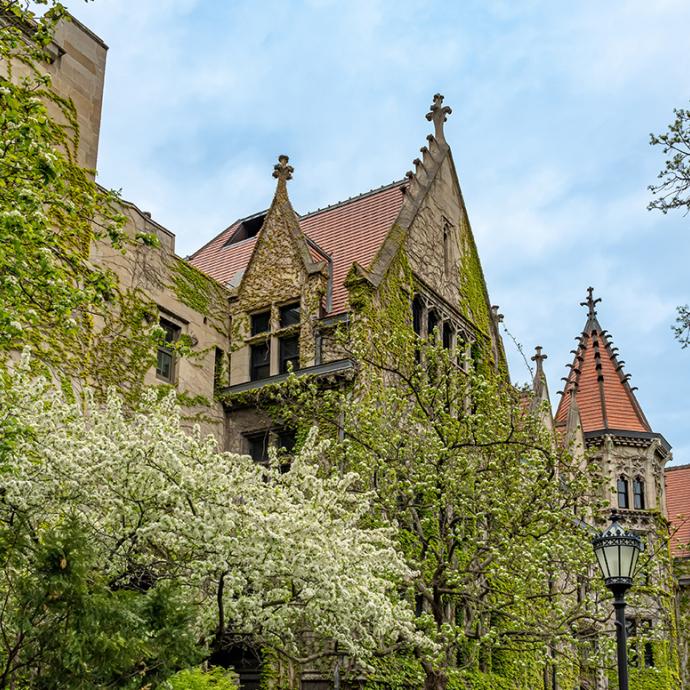
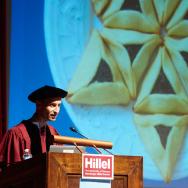
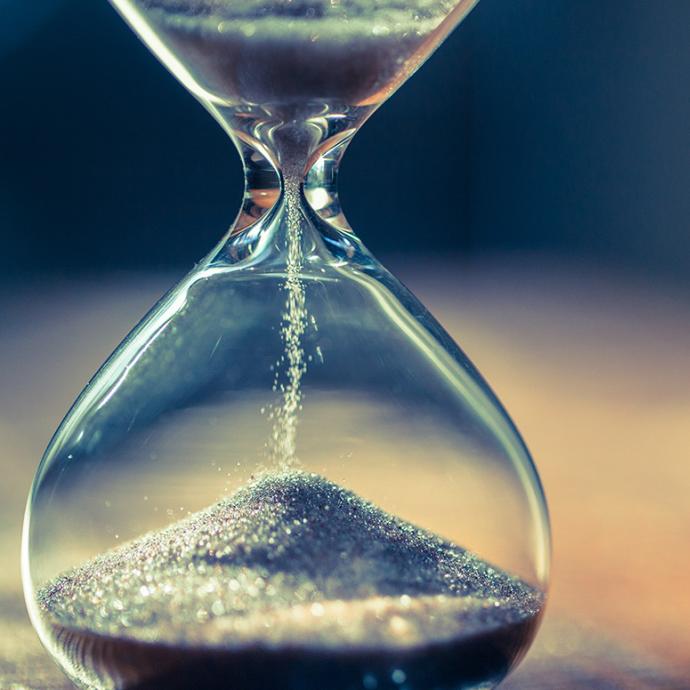
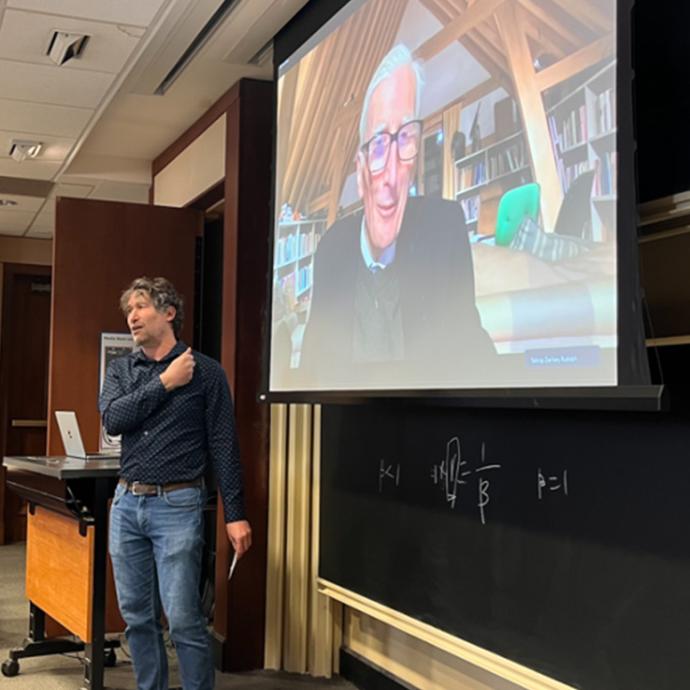
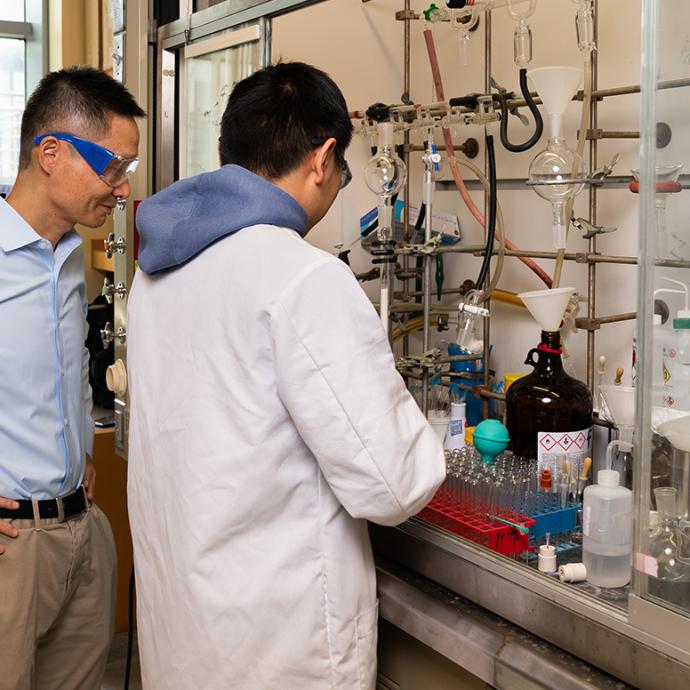

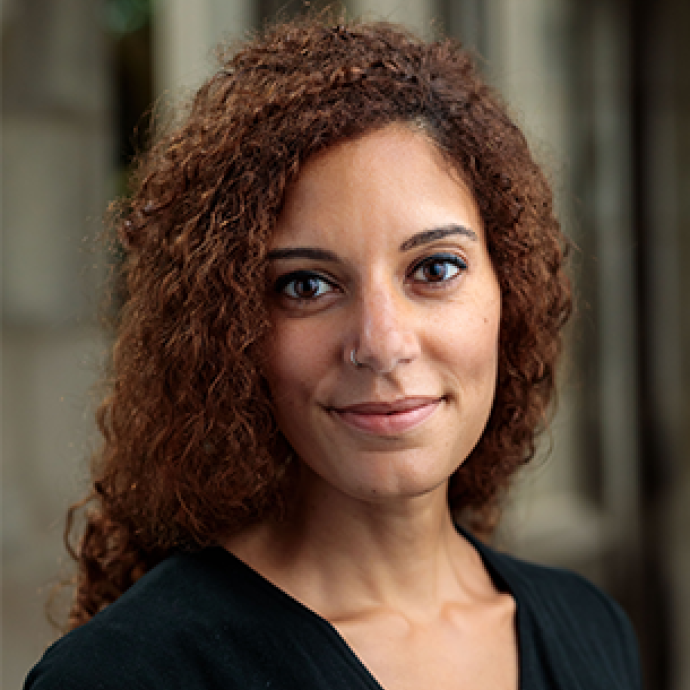
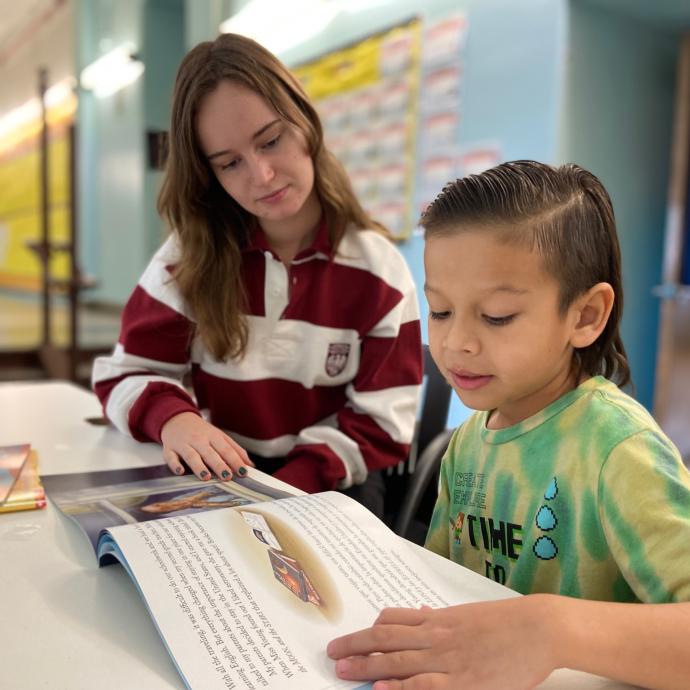



 —Prof. Chuan He
—Prof. Chuan He
